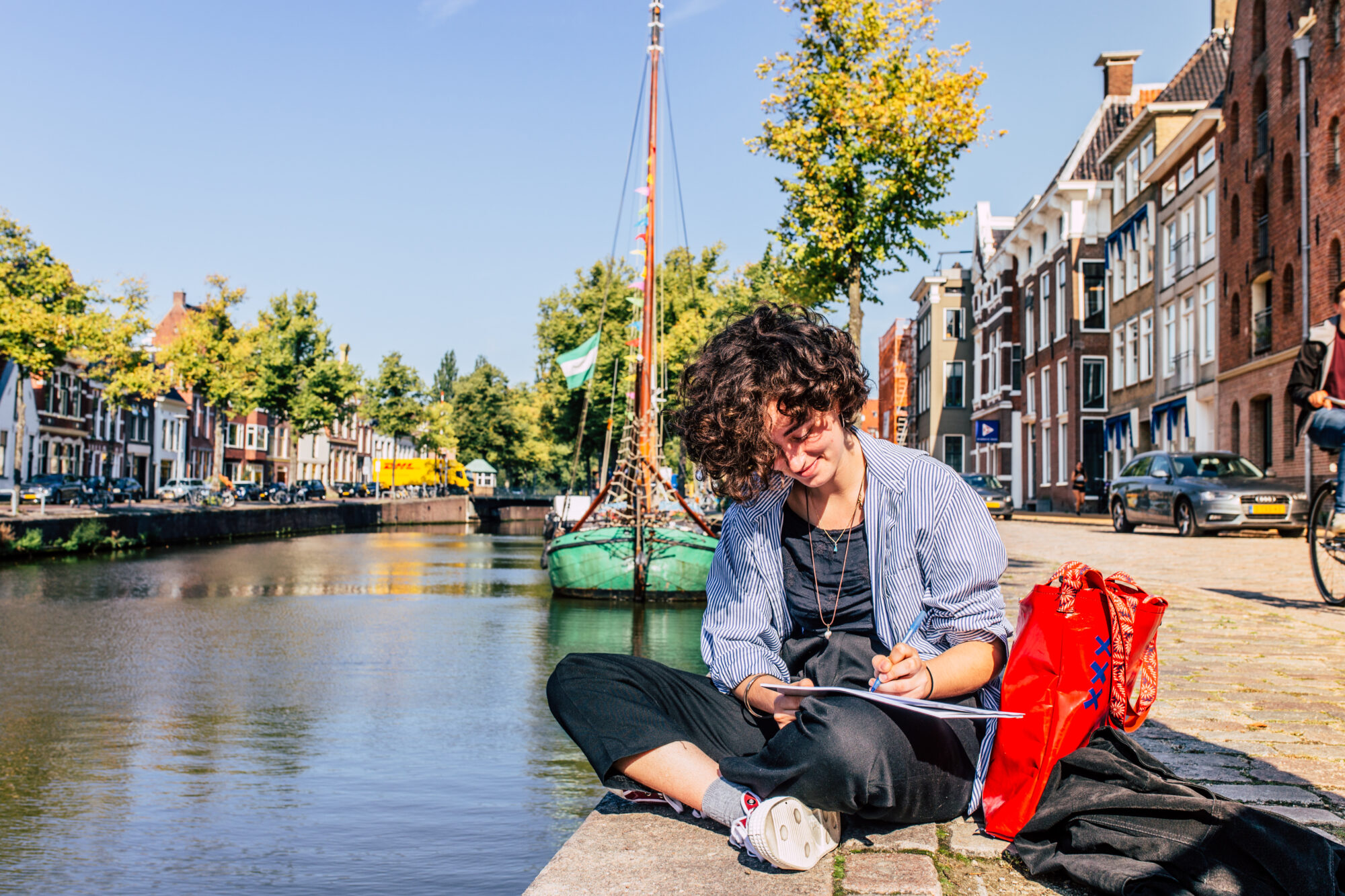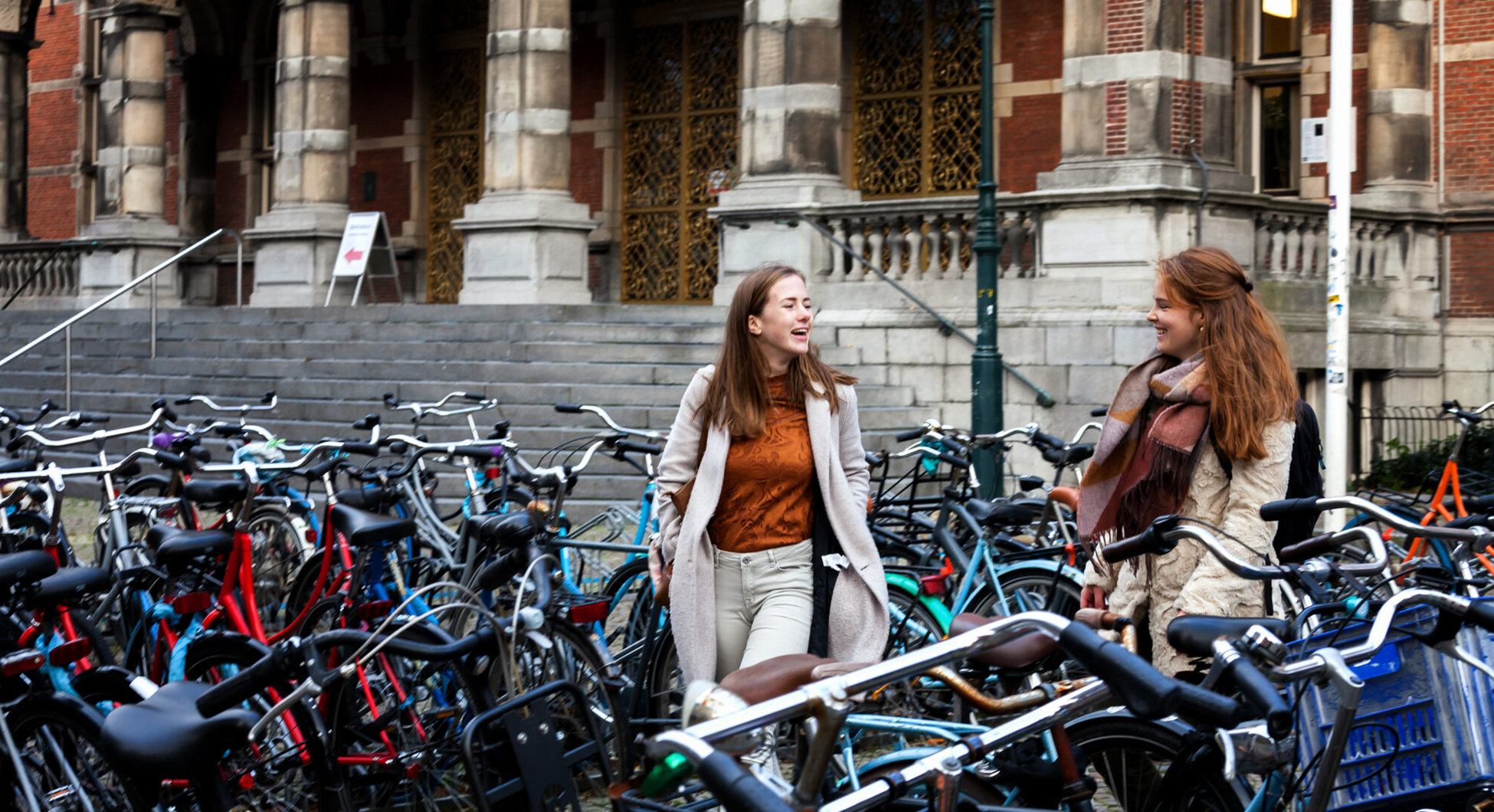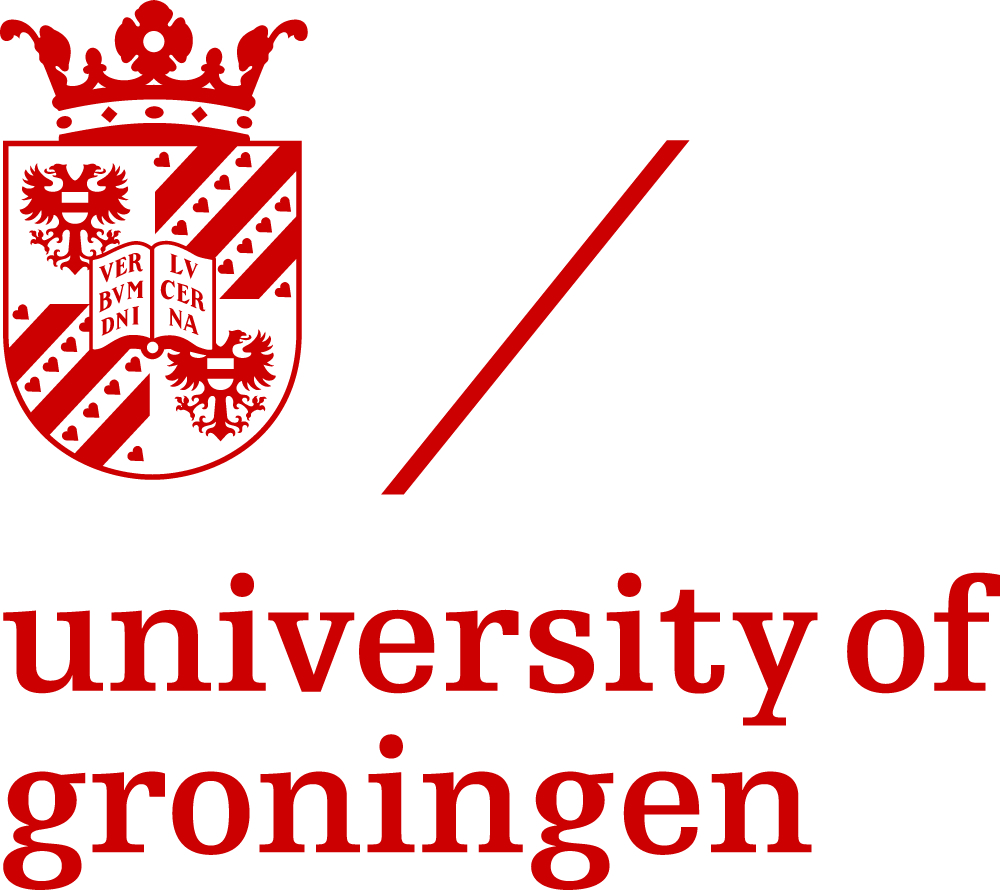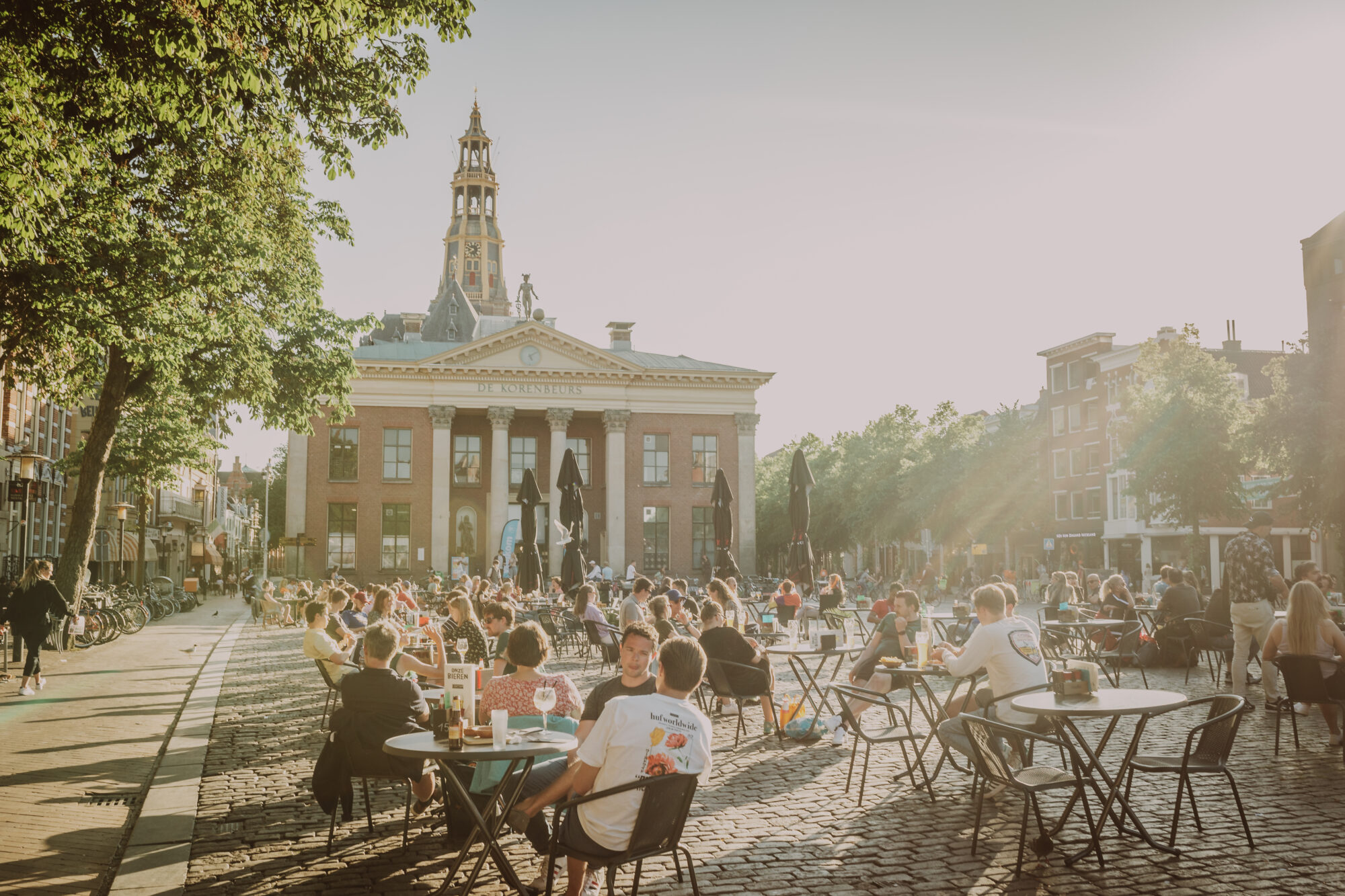Applying to study in TopDutch
So you’ve decided to study in the Northern Netherlands! Now time for the paperwork. Here’s an overview of how to apply to study in the TopDutch region.

Photo: ©Stella Dekker Fotografie
Admission requirements
Admission requirements for each program is set by the school itself. Study in Holland offers an overview of all the study programs available in English across the whole of the Netherlands. Here you can quickly check the requirements needed for each study.
Programs taught in English are a good option for internationals looking to study in the TopDutch region. However, it is important to note that Dutch universities generally ask for proof of excellent written and spoken English in order to be accepted into study programmes. Many universities require international students to have completed an English language test such as TOEFL or IELTS.
Admission Procedure
Application to any of our universities will probably have to be completed through the national centralized system, Studielink. Here, you make an account, select the institution(s) and program(s) you would like to apply for, and upload all relevant documents needed for the application. The school will then get back to you themselves to tell you if you’ve been accepted. However, it is important to check with your program, as some schools have a different or extended application process.
For most of our September-entry programs, you can apply up until the 1st of May. Some programs have a fixed number of students they can accept, and for those programs the deadline is the 15th of January. You can check the deadline for your personal application through the school’s own website.

Overview of fees
Universities in the TopDutch region are very popular for international students as they offer an excellent standard of English-taught education for usually a lot less than it would cost in English-speaking countries.
Annual fees are set by the government at €2,530 for EU/ EEA students and around €11,500-30,000 for non-EU students, depending on the study.
Student finance
EU and EEA citizens are likely entitled to a loan to cover the costs of your tuition fees only. Some international students are entitled to a further loan to support your costs of living, however there are very specific requirements. You can find details about this on the Dutch student finance organisation (DUO)’s website.
Scholarships
Scholarships can also provide an opportunity to support you in financing your studies in the Netherlands. These may be funded by your university or the Dutch government. You can find extra information on scholarship opportunities and application criteria on your university’s website. Further information on the government-funded NL Scholarship (for non-EEA students) can be found here.
Getting a visa
If you hold an EU/EEA/Swiss passport, you can freely come to work or study in the TopDutch region without a visa. Non EU/EEA students may need a visa depending on your nationality, the length of your stay and the purpose of your stay. Your school must help you apply for the visa, and all of the universities in the TopDutch region have a specialized international student support system to help you arrive here on time. However, to do that, they each set a deadline for your application to be in (earlier than deadlines for EU and EEA students) in order to ensure you can get a visa to study before your study starts.

After graduating
Orientation year highly educated persons
In the TopDutch region, our world-class knowledge institutions are educating the business talent of the future. We want to give all of our highly educated graduates the opportunity to help us build sustainable solutions to global challenges.
That’s why we have the ‘Orientation Year’ visa, that allows non-EU/EEA bachelor, master or above graduates from a TopDutch university, or another accredited university in the Netherlands, or a masters/post-masters/PhD graduate from a top 200 university (with restrictions), to work without restrictions for a year. After the year has passed, employers can sponsor a ‘highly-skilled migrant’ visa for the talent with a reduced salary requirement than usual. In 2024, this reduced salary is €2,801 per month, excluding vacation pay. The permit replaces a number of old, similar permits. Now, graduates can apply for an Orientation Year up to three years after graduating. Full requirements for the application can be found on the IND website.





